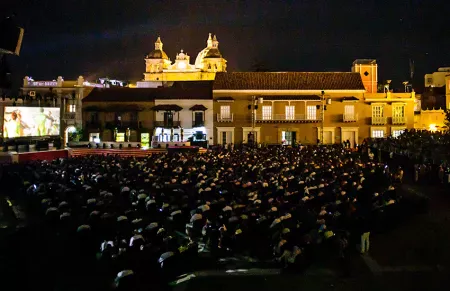
“Morro dos Prazeres” opens with a group of kids playing a kind of backwards version of cops and robbers. Here, it’s the robbers that go after the cops and once they catch them, force them to kneel down and rough them up, whacking them about the face with training guns made out of cardboard.
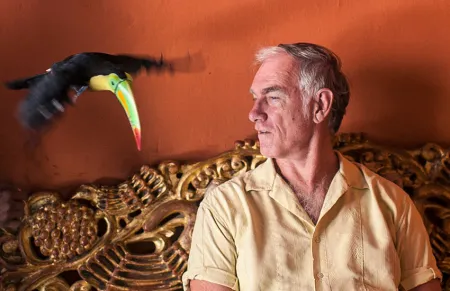
The Cartagena Film Festival is holding a retrospective screening of John Sayle’s films. All the more reason to ask the man himself how he came to be the father of American independent cinema while all along working behind the scenes for the big Hollywood studios making uncredited script work or as they say script polish.
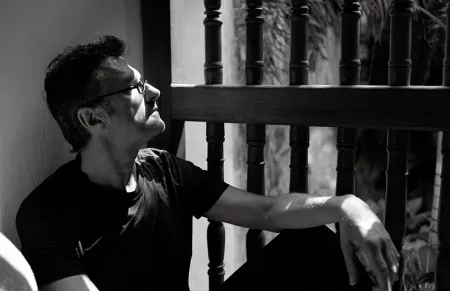
Ethan Hawke wanders the streets of Paris looking like someone who has swallowed something big he cannot easily digest. He is an American writer who has seen better days and who is in Paris to reconnect – after a stint in a mental institution – with his little daughter.
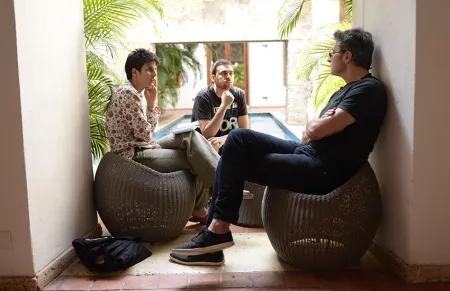
Encountering a new place is an omnivorous experience. “You eat it,” says Alexander, “You want to taste everything; you want to try everything. You can only feel that enthusiasm the first time when everything is fresh. You want to learn the language, the music, everything.”
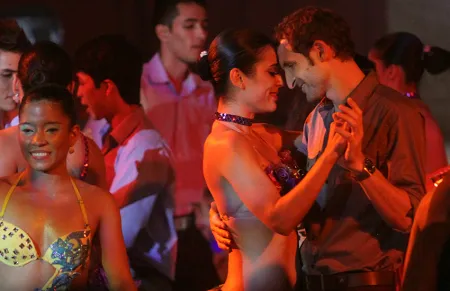
Cartagena’s lights are lit, while one conveniently turns a blind eye on darker streets like El Cartucho in Bogotá – or worse, leaves them burning. Ciudad Delirio, Cali, another easy rom-com, another mirage of love that promises to last longer than the dance. Or so you would like to say, thinking you have out-witted the magician. But love is not simply blind; love is the moment before you have it figured, when you are gawking wide-eyed at what could only be magic. In Colombia, between wonder and loss, someone helps me say it right: films may be an illusion, but joy is not. The astonishment, like I’ve heard them say, is real.
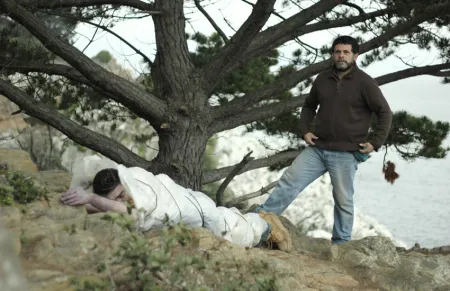
Colombia’s movie industry has grown exponentially, and is now Latin America´s fourth largest, with over 20 productions last year. The new cinematic voices of Gamboa and Guerra approach the past and present of the conflict, in a distinct way. “Desterrada” and “Mateo” strike a timely chord and pose some powerful and urgent questions. What does it take to forgive and make peace? Can art help?
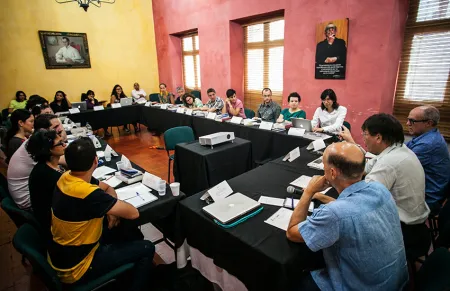
The Gabriel García Márquez Fellowship in Cultural Journalism is divided into two modules: film and popular culture. All modules were coordinated by the FNPI master lecturer Héctor Feliciano and the American journalist Jonathan Levi.
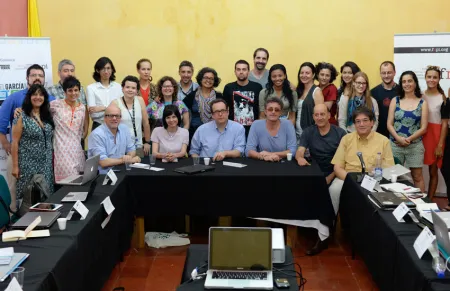
Meet the journalists that will join us in Cartagena and Aracataca during the 2 weeks to explore the popular culture that inspires Gabriel García Márquez.
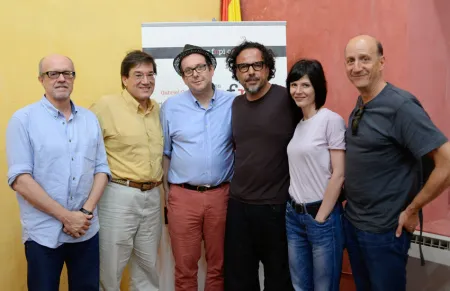
Meet the masters and experts who will lead the second edition of the Gabo Fellowship, held in Cartagena and Aracataca.
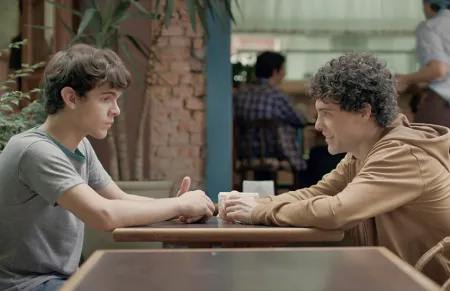
There’s nothing remotely racy about “The Way He Looks,” a tender romantic comedy about the budding romance between Leo and Gabriel, but even so, the crowd buzzed with nervous titters every time the two protagonists flirted or even eyed one another. And then at the end of the squirmy session, even before the credits start rolling, the audience burst into cheers, and a crowd of snapshot-seekers enveloped director Daniel Ribeiro.
